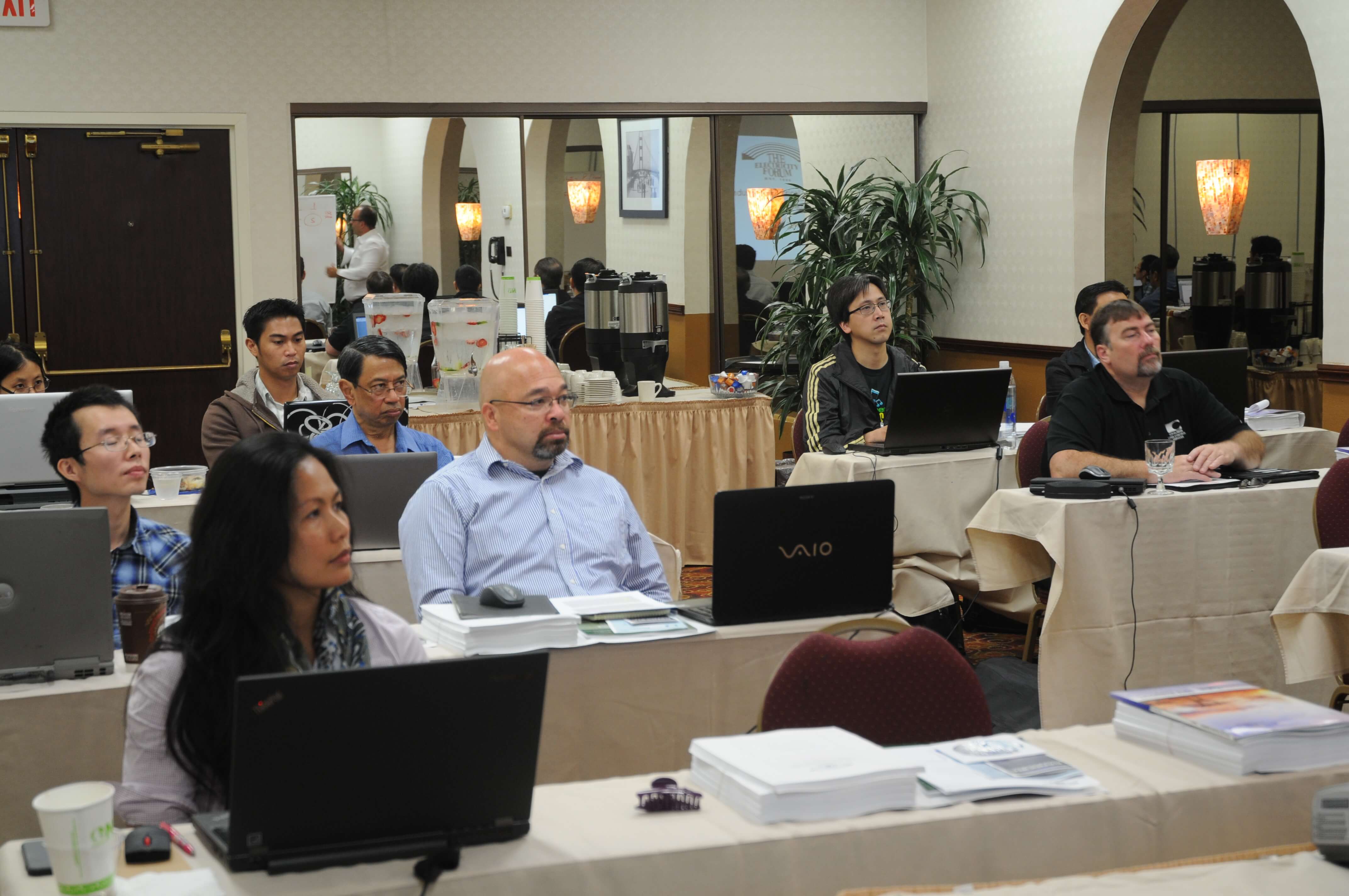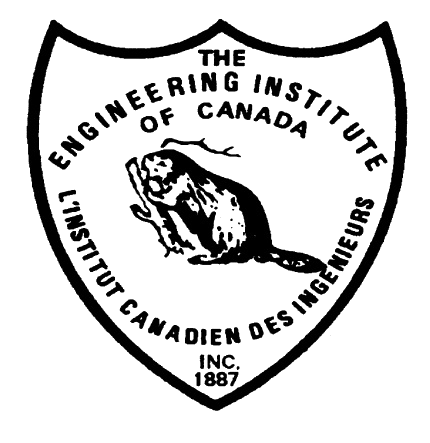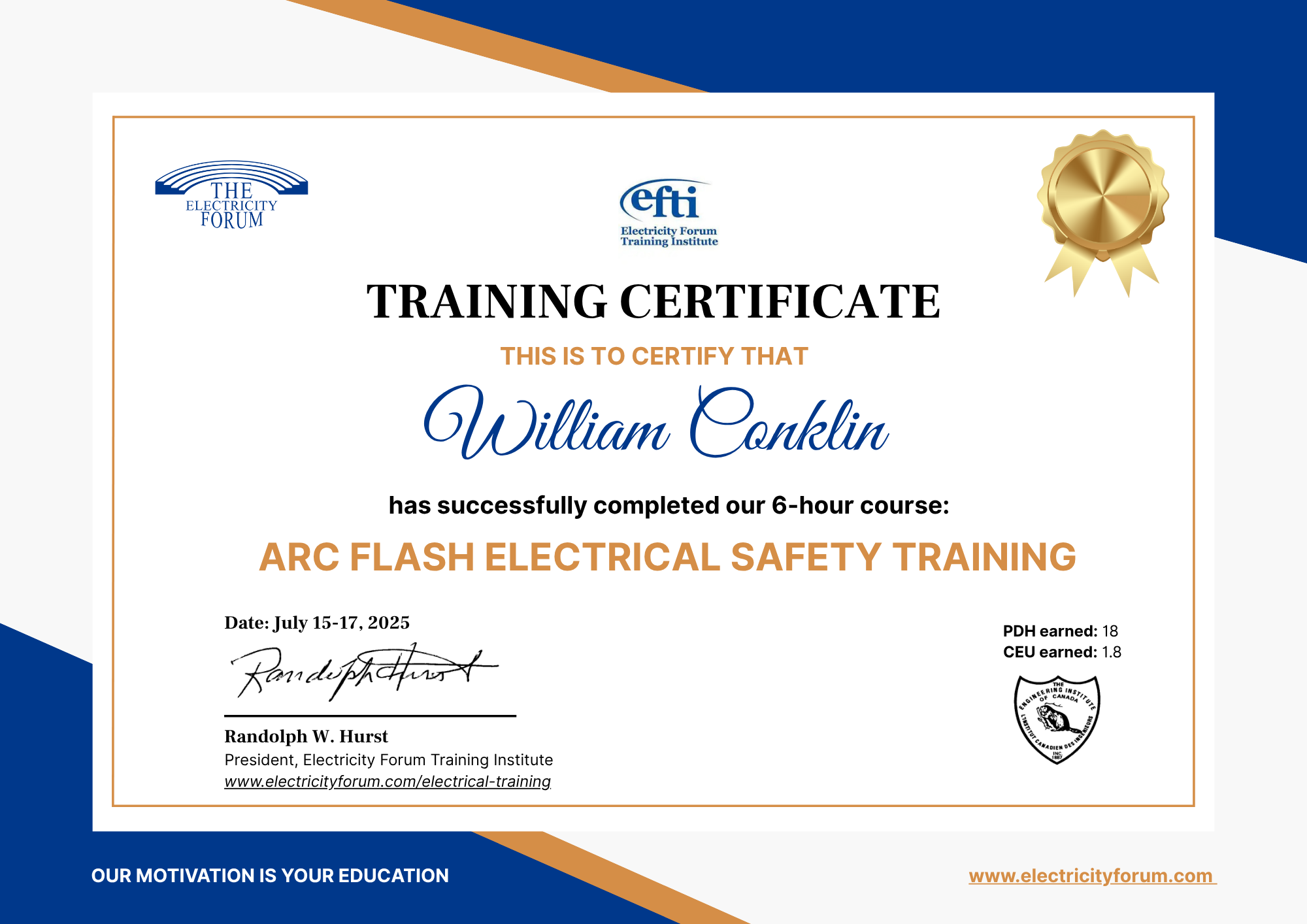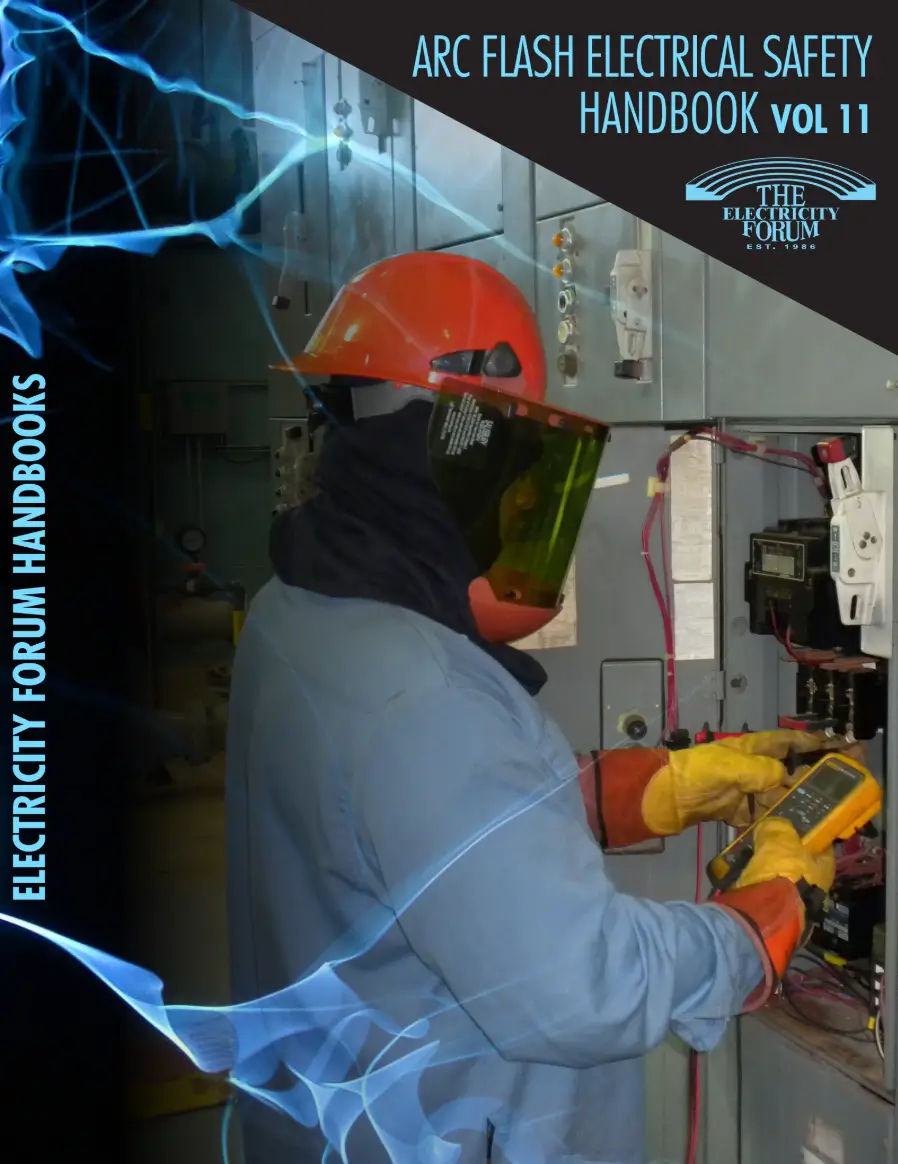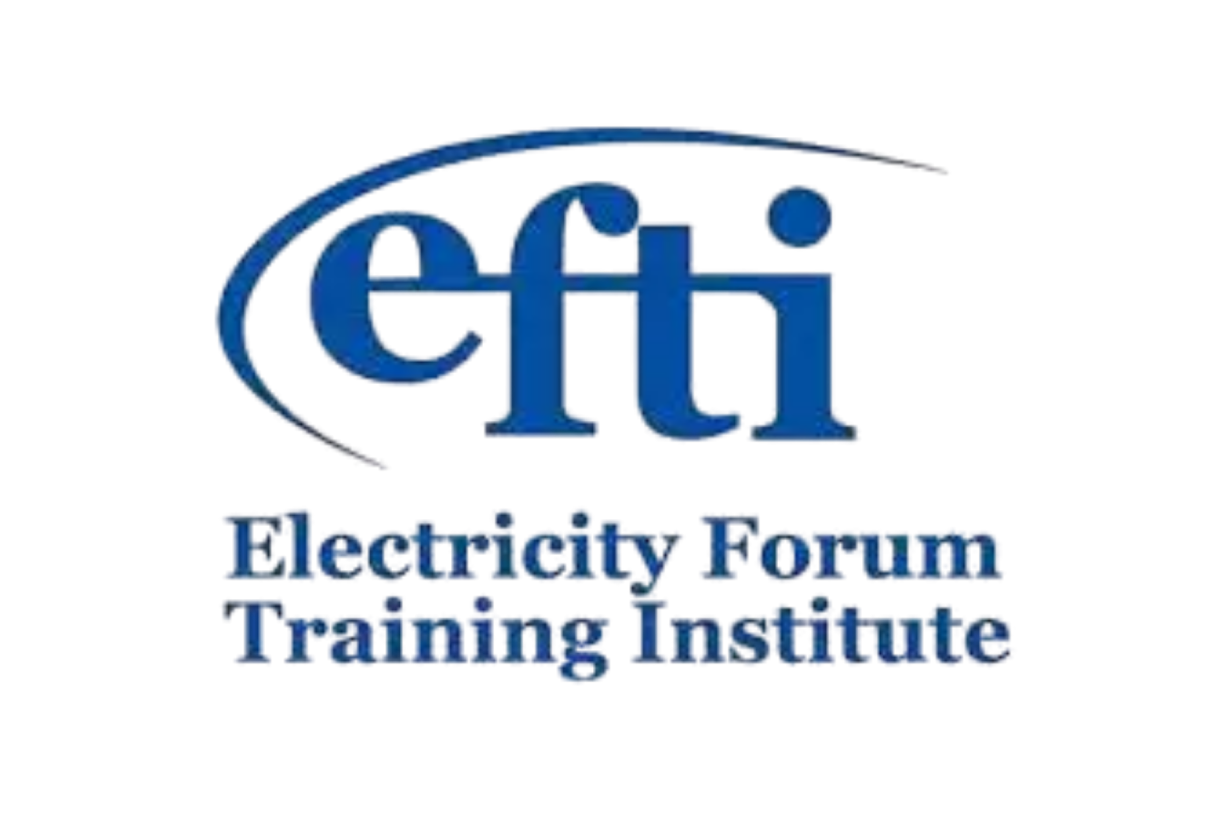DAY ONE
Overview of the program
Overview of Distributed Generation
- Terminology of power production
- History of distributed generation
- Technology overview
- Applications of distributed generation systems
Emissions Regulations and Impact on Distributed Power Generation
- New regulations and their impact on generation
- Technology solutions
- How to work with regulatory bodies
Engine & Turbine CHP Distributed Generation
- Utility attitudes toward CHP projects
- Review of projects
- Where are we headed?
Engines and Engine Systems
- Technical fundamentals
- Packaged systems
- Vendors
- System applications
DAY TWO
Turbines & Microturbines
- Technical fundamentals
- History of microturbine development
- Vendors
- System applications
- Fuel Cells and Emerging Technology
Fuel cell components
- Process description
- Vendors
- System applications
Economics and Analysis of CHP
- Capital costs
- Revenue streams
- Cost analysis of operating expenses
- Determining simple payback
- Sophisticated economic evaluations
Interconnection Standards- Microconnect Speaker
- Government regulations
- History of interconnection standard development
- Interconnection checklist
The Evaluation Process: A Case Study of Distributed Generation
- Project description
- Technology assessment
- Cost analysis
- Economic evaluation
Questions and Answers
COURSE TIMETABLE
Both days:
Start: 8:00 a.m.
Coffee Break: 10:00 a.m.
Lunch: 12:00 noon
Restart: 1:15 p.m.
Finish: 4:30 p.m.






